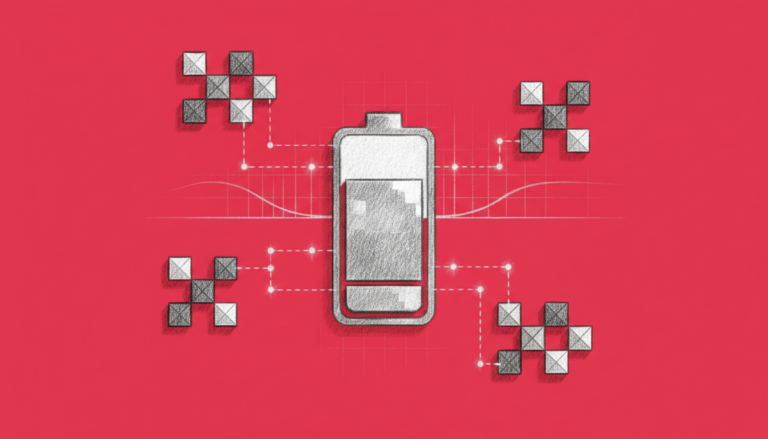New Portable AI-Powered Tools READY and MINDSCAPE Enhance Real-Time Brain Health Assessment for Military Personnel
New technologies are being developed to improve brain health assessment for military service members, focusing on cognitive readiness—the ability to respond effectively to dynamic environments. This includes critical functions like maintaining balance or making quick, informed decisions under pressure. Traumatic brain injury (TBI), caused by events such as falls, blasts, or combat exposure, has affected over 500,000 service members since 2000. While issues like sleep deprivation can often be resolved with rest, brain injuries may lead to long-term cognitive impairments that are difficult to detect with current standard tests. Christopher Smalt, a researcher at Lincoln Laboratory’s Human Health and Performance Systems Group, highlights a key limitation: existing cognitive readiness assessments lack the sensitivity to catch subtle changes in brain function caused by repeated operational stressors. These cumulative effects often go unnoticed during service and can persist after transitioning to Veterans Affairs, complicating long-term care. To address this, the lab has developed two innovative tools: READY and MINDSCAPE. READY is a smartphone or tablet app that delivers a rapid cognitive screening in under 90 seconds. It assesses attention through three core biomarkers identified by Thomas Quatieri—eye movement, balance, and speech stability. The app measures variability in these functions, generating a "wobble" score that indicates how well a person is performing relative to their baseline or population norms. If READY detects a potential issue, users can proceed to MINDSCAPE, a virtual reality-based system developed in collaboration with Richard Fletcher and students from MIT’s Auto-ID Laboratory. MINDSCAPE conducts more detailed evaluations of cognitive performance, including reaction time, working memory, and attention. It integrates data from multimodal sensors such as EEG, photoplethysmography, and pupillometry to support accurate diagnosis of conditions like TBI, PTSD, or sleep deprivation. Both tools were designed to meet urgent military needs and comply with congressional mandates and defense program requirements. They leverage existing consumer-grade technology—smartphones, tablets, and VR headsets—making them cost-effective and easy to deploy in the field. By using advanced algorithms on readily available hardware, the team avoids lengthy and expensive custom equipment development. The technologies are also part of a broader effort at the lab to create holistic, adaptable solutions. For example, EYEBOOM, a wearable device for U.S. Special Forces, monitors eye and body movements during blast exposure and alerts users to potential harm in real time. When combined with READY and MINDSCAPE, EYEBOOM could trigger automatic cognitive assessments after exposure, creating a seamless health monitoring workflow. MINDSCAPE is currently being tested at Walter Reed National Military Medical Center, while READY will be evaluated by the U.S. Army Research Institute of Environmental Medicine in 2026, focusing on sleep deprivation. The team also envisions civilian applications—such as sideline assessments in sports, clinical settings, or even workplace safety. The development of READY and MINDSCAPE is supported by leading experts including Stefanie Kuchinsky at Walter Reed, Jun Maruta and Jam Ghajar from the Brain Trauma Foundation, and Kristin Heaton from USARIEM. The work aligns with evidence-based guidelines from the Brain Trauma Foundation and the Military TBI Initiative at Uniform Services University, ensuring clinical rigor and real-world relevance.
